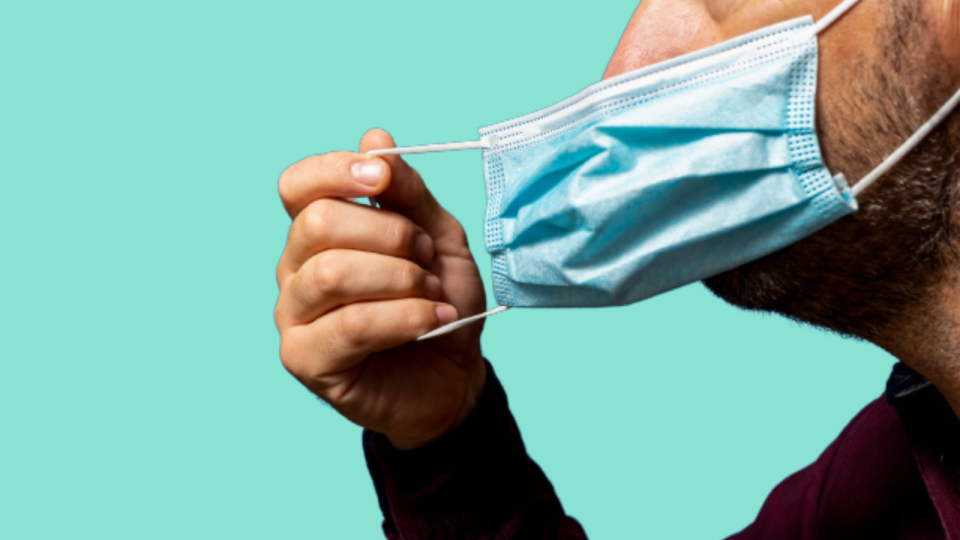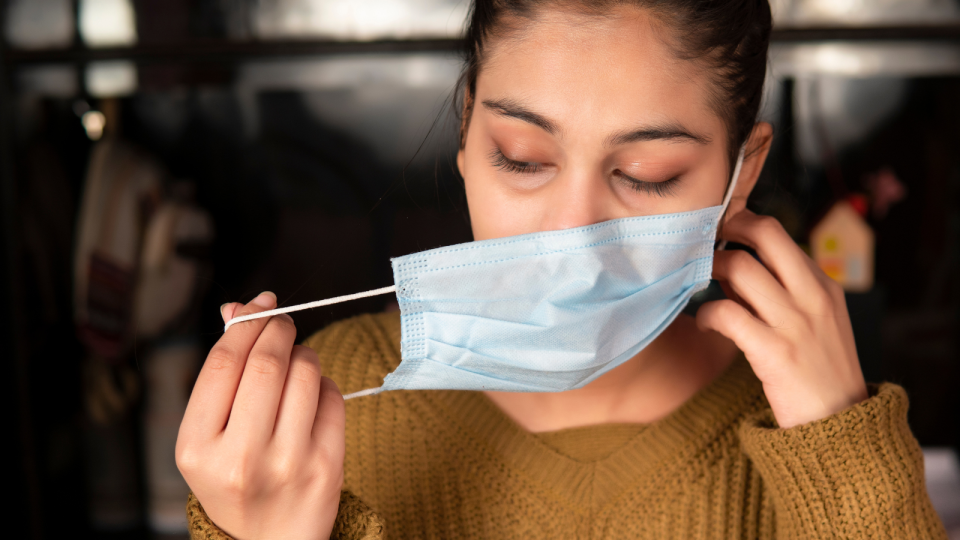As travel picks up post-pandemic, don't pack away all those COVID precautions
You've largely eschewed vacations and crowds since early 2020, when COVID-19 changed life as we knew it.
You've been vaccinated, had boosters, worn a mask, carried hand sanitizer. In general, you took every necessary precaution as the coronavirus spread worldwide, killing more than 1.1 million Americans to date.
But now it's summer 2023. And with the expiration of the federal COVID-19 public health emergency declaration in May, you and countless other Americans are ready to get up, get out and get away for family gatherings, flights and fun. Still, you want to remain as vigilant as possible against the virus and other potential illnesses.

What precautions should savvy travelers still be taking as they venture out in the world for long-awaited getaways, whether that journey is just a road trip or an hours-long flight to other parts of the globe?
Antrell Tyson, regional director for the U.S. Department of Health and Human Services in Region 4, answers a few questions on the topic of safety, masks and more.
Q: Who needs boosters at this point, whether they’ve never had one or have one or more?
Tyson: Updated vaccines provide added protection from severe COVID-related illness, hospitalization, and death and help to restore protection that has waned over time. Most people who have never been vaccinated against COVID can protect themselves against severe illness with one dose of an updated vaccine. However, some people will need an additional dose because their age or health puts them at high risk for COVID complications.
More: "I'm not crazy:" Health First program aims to help treat long COVID patients
If a person is already vaccinated but doesn’t yet have an updated vaccine, they are currently eligible to receive one in their last dose was before September 2022.
Staying up to date on COVID vaccines is especially important for older adults and people with chronic medical conditions. In particular, adults 65 and older are eligible for a second updated vaccine four months after their last dose. Also, people with compromised immune systems can get another updated vaccine dose two months after their first, and even more on the advice of their doctor.
Additionally, children 6 months and older can now get an updated vaccine.
Q: What about travel requiring flight: Is it still advisable to wear masks, and if so, what kind? Any other tips for passengers, whether the flight is short or long?
Tyson: While medical masks and face coverings are no longer required on flights and other modes of transportation, the Centers for Disease Control and Prevention encourages travelers to consider wearing one in crowded spaces and poorly ventilated areas. Additionally, travelers with weakened immune systems or at higher risk for serious illness and disease should also consider wearing a mask while traveling. If a person chooses to wear a mask, they should find one that fits well and that can be worn consistently.

Q: Is it advisable to travel to places where there are no safety protocols?
Tyson: It’s important to review country-specific health information before traveling, including travel health notices and required vaccinations. While most places have removed their travel restrictions and rolled back their community transmission monitoring efforts, there are steps a person can take to ensure their health and safety. Staying up to date on COVID vaccines is a key. People should also consider wearing a mask in crowded places that are not well ventilated, as well as packing hand sanitizer in case they don’t have access to soap and water.
Q: Any other tips for staying healthy?
Tyson: In addition to staying up to date on COVID vaccines, maintaining a standard of hygiene is also an effective way to support a person’s health. That includes washing hands with soap and water, staying home if possible when feeling ill, spending more time in well-ventilated areas, and staying hydrated.
Britt Kennerly is education/breaking news editor at FLORIDA TODAY. Contact Kennerly at 321-917-4744 or bkennerly@floridatoday.com. Twitter: @bybrittkennerly Facebook: /bybrittkennerly.
This article originally appeared on Florida Today: COVID-19 precautions: What savvy travelers should know for summer 2023

